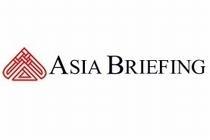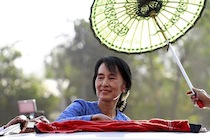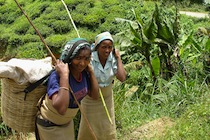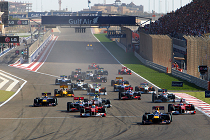Qatar: Geopolitical Cosmopolitanism
Over the last few years Qatar has actively participated in world affairs by holding the Presidency of multilateral organizations, hosting international institutions and investing significantly in foreign markets. What does Qatar hope to achieve from its rising profile and its growing role in international affairs?









